Should I Buy a Home That Had Previous Foundation Problems?
Important Point
Because of the sort of soils found in Texas, foundation difficulties are quite prevalent. As a result, many properties around the state have foundation concerns, which are often rectified when purchasing or selling a property.
A mortgage company will often refuse to provide money to a borrower who wants to buy a house with a faulty foundation. The foundation must be fixed before the loan may be approved in certain cases.
Should you buy a house if the seller admits that the foundation was only recently repaired? When purchasing a home with recent foundation repair, there are several aspects to consider:
Who Did the Repairs?
Obtain a copy of the seller’s repair work paperwork. You can determine the reputation of the repair firm by reading the reports.
Conduct some simple web research to assess the repair company’s reviews and reputation. If you can’t discover the firm on the internet, it’s likely they’re inexperienced, and you should start looking at other homes instead.
Also Read:
What Was the Scope of the Project?
Next, you’ll want to learn how severe the foundation issues were. Foundation repair can range from a few piers in one section of a property to a comprehensive foundation renovation that includes piers all around and within the house. In the event of larger repair tasks, you may want to be more cautious, unless the materials utilized are of good-grade steel.
How Long Is the Warranty?
Check to see whether the foundation repair has a transferable warranty. Some foundation repair businesses may invalidate a guarantee as soon as a new owner purchases the home, but others will uphold the warranty after the sale. Warranties vary from one company to the next, so be sure to inquire.
When Are You Going to Sell the House?
When people inquire about foundation repair while purchasing a home, possibilities are the buyer with whom you transfer the home will inquire as well.
Were you planning to stay in this house until you retire, or will you sell in a few decades? If you sell the property, you and your realtor may have to answer the opposite side of the questions.
As you can see, there are numerous considerations to ponder when determining whether or not to purchase a home with such a newly renovated foundation.
Also at the conclusion of the day, it all boils down to whether or not you trust the repair supplier’s work. If you have faith in the business that performed the repairs, you may easily proceed with the purchase of your new house.
However if the seller hired the cheapest contractor rather than a reputable firm, you may want to reconsider. If you asked the proper questions regarding the Dallas-Fort Worth house, determining if you should buy a house that has had past foundation repair may be simple.
Actually, it’s OK, provided the property has been repaired and all other factors are in place. It is safe to buy a property that has had past foundation problems if the work was done by a highly respected business and the work was properly reviewed by a certified structural engineer. In reality, it may be advantageous.
What You Need to Know Before Buying a Home with Previous Foundation Problems
- Would you like to understand when or if it’s okay to buy a property that’s had foundation work done in the past? If that’s the case, we hope the information below will address your questions.
- All houses sink into the earth over time. Shifting of the soil may be particularly difficult in certain parts of the nation, such as
- North Texas, where clay soils are found and there are times of extreme heat followed by months of bitter cold.
- Clay soils expand and compress more than most other soil conditions, causing the earth to move.
- As a consequence, housing foundations will shift slowly over time.
- The foundation piers under the house sink deeper and deeper into the ground over time.
- The home will ultimately become unlevel since not all of the foundation piers sink at the same time.
- When purchasing a home in the DFW region that has previously had foundation difficulties and repairs, you must know when the repairs were completed, by whom, and how many piers were built. and a lot more
Also Read:
How Drainage Issues Cause Affect Foundations?
A high quantity of moisture surrounding your foundation might cause your home to sink and move if you have a foundation drainage issue or plumbing leaks under the concrete slab or pier and beam foundation.
It is critical to have an effective foundation drainage system around your property and to keep a constant moisture level around your home’s foundation in order to avoid these sorts of issues.
This entails watering your lawn during the hot summer months and keeping moisture from collecting near your foundation during the rainy season.
It’s crucial to keep in mind that foundation issues usually originate in one section of the property and manifest themselves on one side of the house before the other.
Uneven flooring, cracks in ceilings, walls, and floors, doors that don’t shut properly, a damaged chimney, and other signs of foundation difficulties can be detected.
The earth beneath your foundation shrinks as it dries up in hot, dry weather. When this happens, the soil’s support for the foundation slips away from it, making it unstable and prone to shifting.
When the foundation shifts, you may notice fractures in the walls, ceilings, and floors, as well as difficulty opening doors and windows.
Too much water is absorbed by the earth beneath the foundation, causing it to bulge. If the dirt beneath your foundation is excessively wet, it might cause difficulties with your foundation. When the earth is saturated with water, it swells and expands, as we’ve seen.
This forces the foundation upward, causing fissures in the walls, floors, and ceilings, among other things. Because of the upward movement, your flooring may begin to slant.
The foundation of your home was built incorrectly. Inadequate drainage around your house can create soil saturation, which can contribute to soil erosion. Your home’s foundation may become unstable as a result of this.
Walls may buckle, the structure may begin to tilt, and so forth. Soil erosion can also lead to dangerous subterranean spaces. Water draining underground causes sinkholes.
That is, without a drainage exit on the outside. This results in subsurface soil erosion, which can lead to the formation of underground caves.
Why Buying a House That’s Had Foundation Repair Can Be Good?
Because considerable sinking and shifting of the earth have already happened, any new piers erected will now be positioned on more solid load-bearing soil.
This is why buying a DFW area house that has already been renovated may be advantageous. Consider this: If the house has already sunk quite far into the earth, once it is repaired, it will not sink as far in the future since the ground will have settled and become more solid.
In reality, the house is more sturdy than it has ever been. although, all of this is true if the repairs are completed appropriately.
As a result, it is critical that the foundation maintenance work be performed by an expert firm that provides a lifetime guarantee on their labor.
How to Know If a House Has Had Previous Foundation Repair?
The first step is to interview the existing owner. Before you buy a property, get it carefully inspected by an impartial inspector who will check for any evidence of prior renovations.
If the property has already been repaired, it’s critical to find out if the work is covered by a transferable warranty. This guarantee may be very useful.
Contact the foundation repair contractor who gives free repair quotes and a lifetime guarantee on any work completed on your house or property if your property has been damaged or needs drainage correction.
Also Read:
Ram Jack Foundation Repair Cost
Because of all the variables that might impact any home or building, determining the typical cost of a foundation repair can be challenging.
According to a spokesperson from Ram Jack Systems, the following are typical foundation repair estimates:
- The cost of repairing a small fracture in a poured concrete wall ranges from $800 to $1,500 per crack.
- The average cost of concrete removal and repair on a porch or sidewalk for slab jacking work is $150 per hole.
- Other factors that can increase the cost of repairs, in addition to the complexity and extent of the problem, include:
- Employing a building inspector to examine the damage (usually between $300 and $1,500).
- Obtaining a soil report from a geotechnical expert, if necessary (about $500 to $3,000).
- Acquiring a municipal building permit, if necessary ($75-$150).
- Further seismic work in earthquake-prone locations (about $3,500).
- Coping with concealed ground barriers such as outdated repair techniques, extra-deep footings, or tree roots (could add $1,000 to $2,500 to the final cost).
- Though the entire cost of foundation repair might be significant, points out that your house is frequently your largest investment, so these repairs (when done properly by a competent contractor) can be critical to safeguarding your equity and making your property marketable.
Frequently Asked Questions (FAQ):
What Are the Signs of Foundation Problems in a House?
Common signs include cracks in walls or floors, doors or windows that stick or don’t close properly, sloping or uneven floors, gaps between walls and ceilings, and visible foundation cracks or shifts.
What Causes Foundation Problems?
Foundation problems can be caused by various factors, including soil movement (expansion, contraction, or shifting), poor drainage, tree roots, plumbing leaks, seismic activity, and construction issues.
How Much Does Foundation Repair Cost?
The cost of foundation repair can vary widely depending on the extent of the damage, the type of repair needed, the size and construction of the property, and the local market. It’s best to get multiple quotes from reputable contractors for an accurate estimate.
Is Foundation Repair Covered by Homeowners Insurance?
Typically, standard homeowners insurance policies do not cover foundation repairs due to normal wear and tear or settling. However, coverage may apply if the damage is caused by a covered peril, such as a sudden plumbing leak or natural disaster.
How Long Does Foundation Repair Take?
The duration of foundation repair depends on the complexity of the issue, the type of repair method used, and the contractor’s schedule. Minor repairs may take a few days, while extensive repairs or replacements can take weeks to complete.
Can Foundation Problems Be Prevented?
While some factors contributing to foundation problems (like soil conditions) may be beyond control, preventive measures can help. This includes proper drainage around the property, regular inspection and maintenance, avoiding large trees close to the house, and addressing plumbing leaks promptly.
Like this post? Share it with your friends!
Suggested Read –
- How to Fill Foundation Crack?
- How to Fix a Settling Foundation?
- How Do I Water My Foundation Correctly?
- What Is the Step Foundation Repair Process
- How Does Installing a French Drain Around Foundations Prevent Damage?
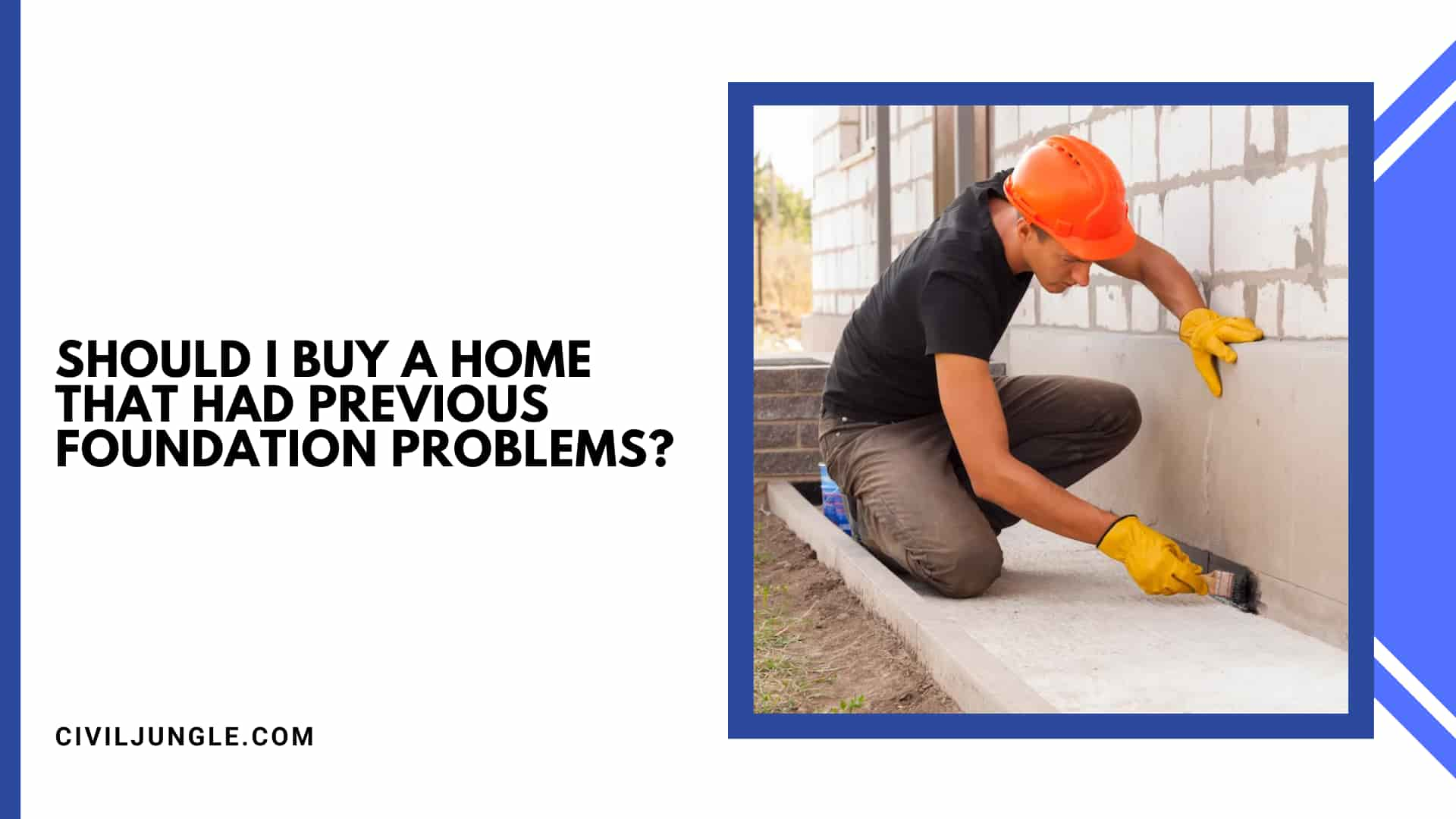
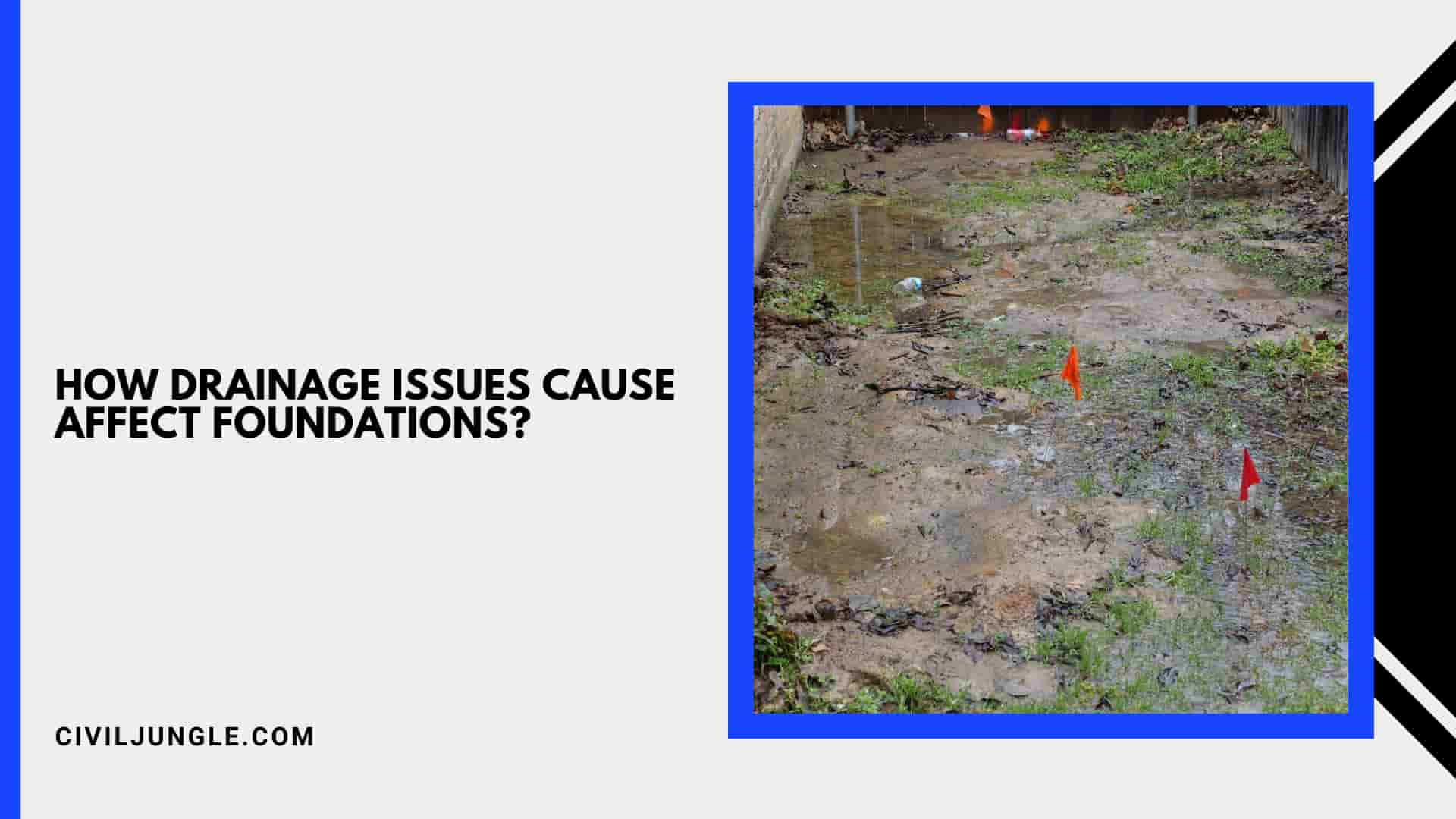
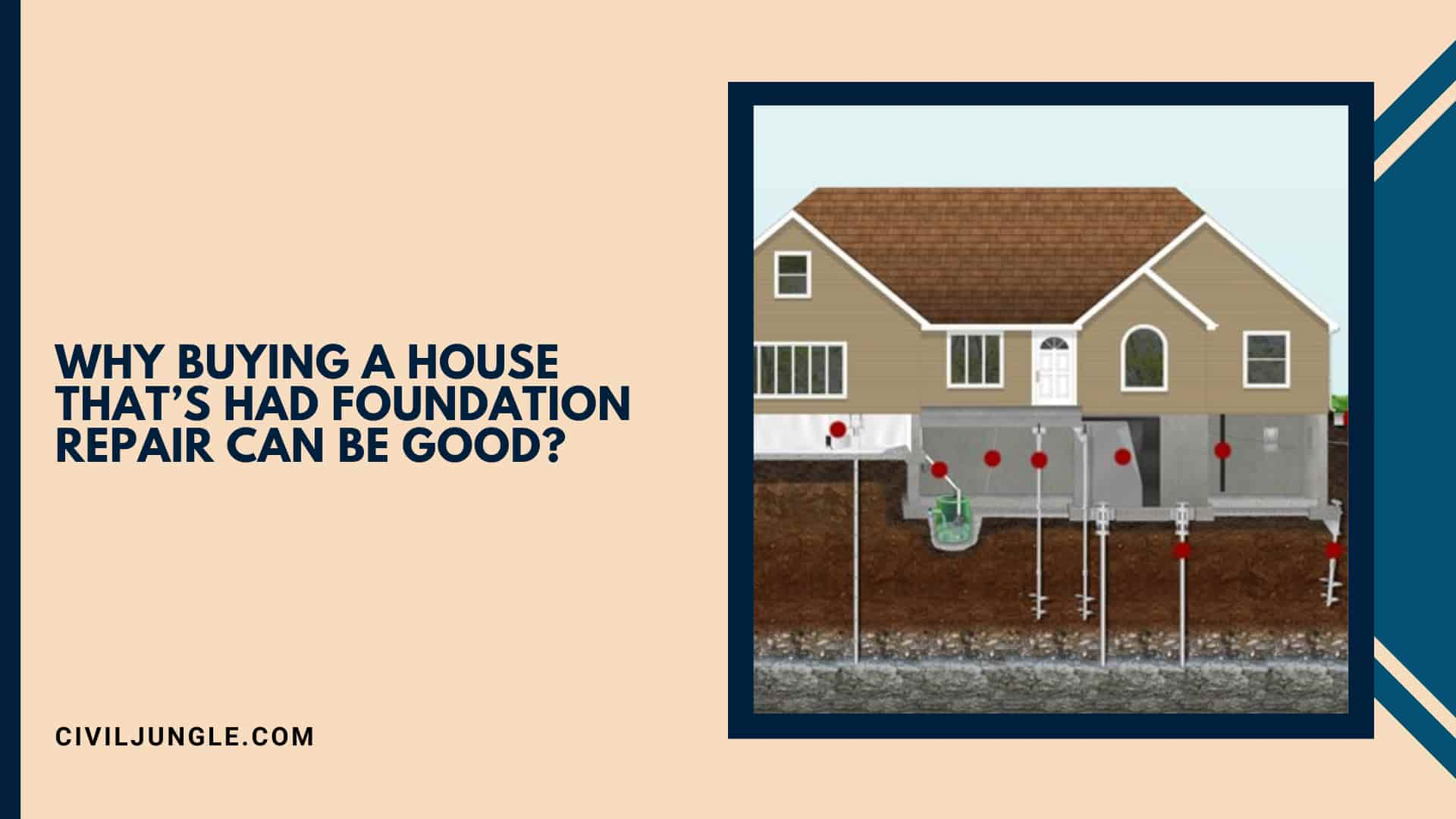
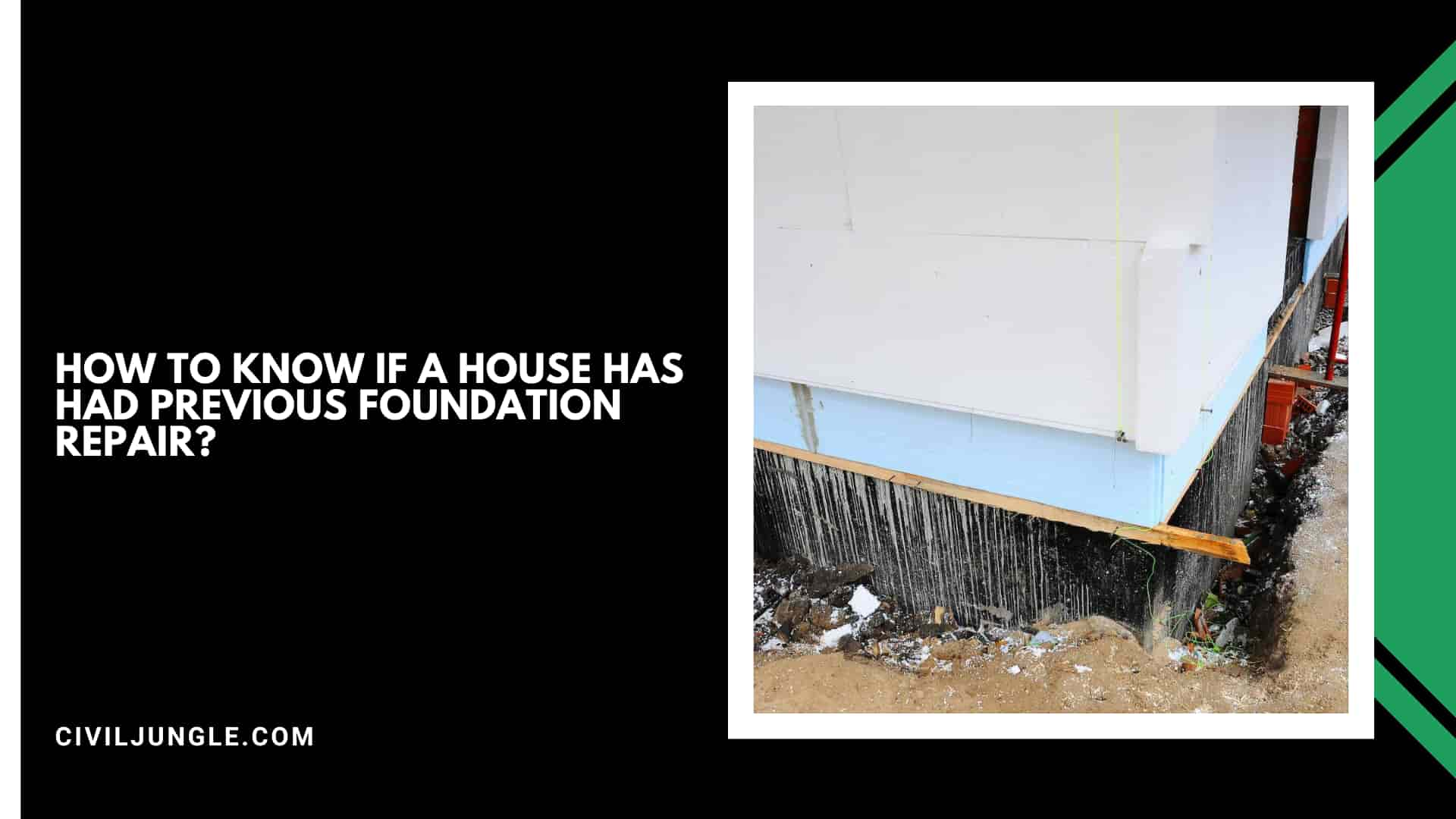
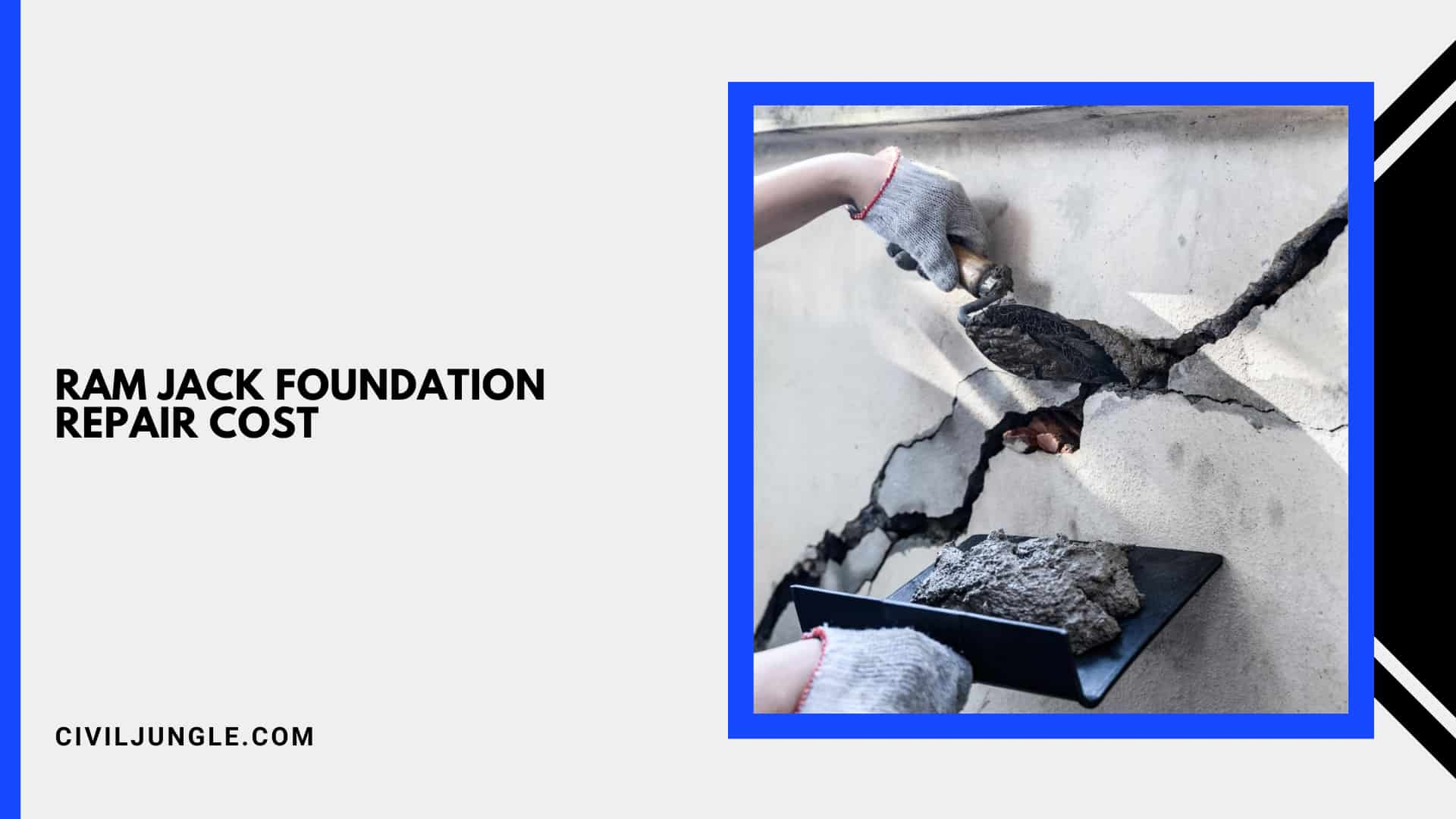

Leave a Reply